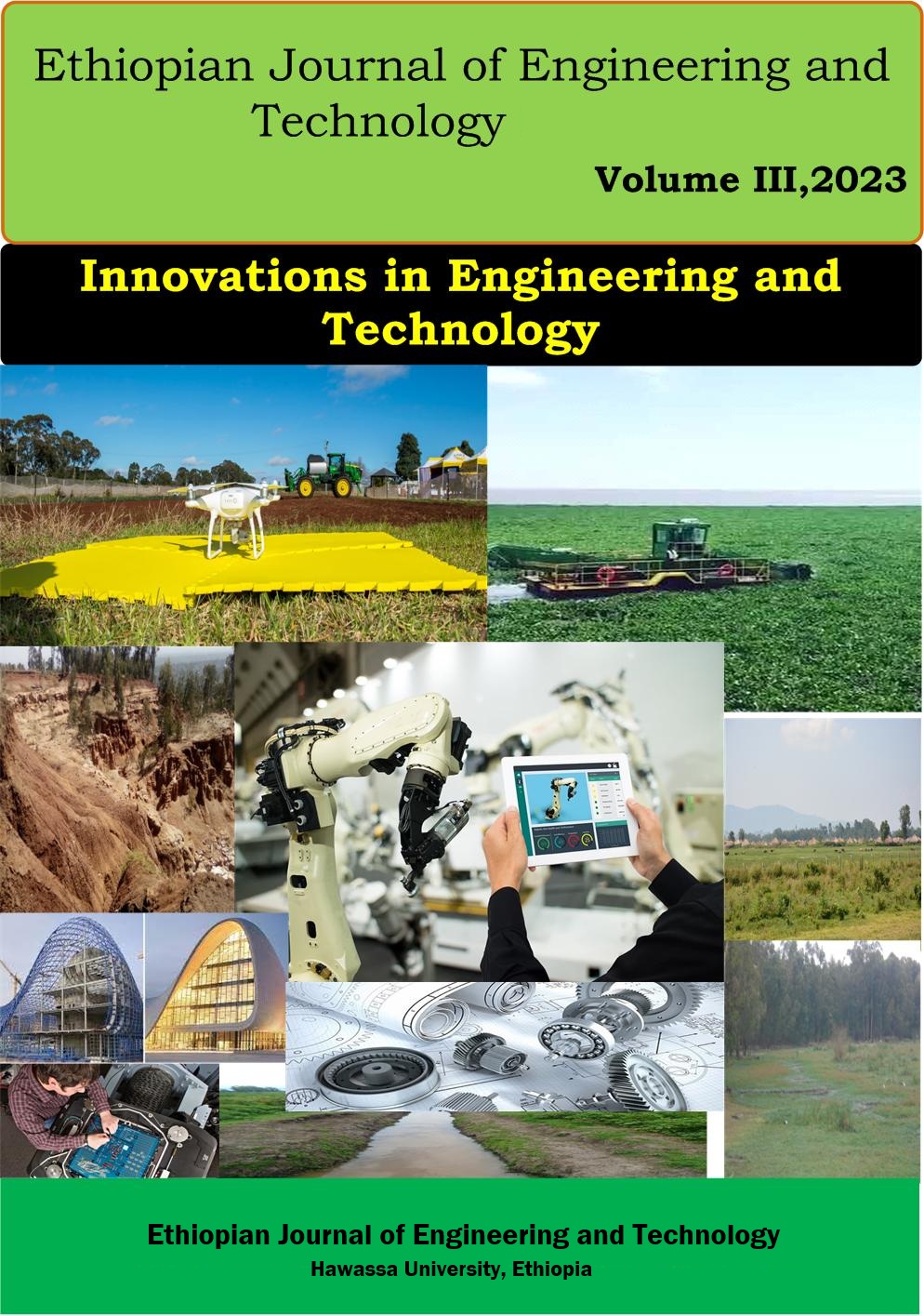Perceptions of Households towards Urban Waste Management Challenges: Evidence from the Southern Ethiopia Urban Corridor
DOI:
https://doi.org/10.82127/cj0hat31Keywords:
Urban waste management; Sewerage infrastructure; Solid waste collection; Pollution control; Water scarcity; Southern Ethiopia; Sustainable cities.Abstract
Rapid urbanization in Ethiopia exacerbates critical waste management challenges, threatening public health and environmental sustainability. While infrastructural and policy analyses exist, a significant gap remains in understanding household perceptions, which are pivotal for effective policy implementation for which this study is undertaken. The study provides a comprehensive, perception-based analysis of urban waste management in the Southern Ethiopia Corridor. The primary objective was to assess household perceptions across the entire waste management spectrum, including sewerage, solid waste, pollution, and water supply. A mixed-methods approach was employed, collecting data from 1,419 households across four urban centers (Hawassa, Yirgalem, Butajira, Hossana) via structured questionnaires. Quantitative data were analyzed using descriptive statistics and chi-square tests. Results revealed that inadequate sewerage was perceived as the most severe challenge, with 71% of respondents agreeing it constrains sustainable development. Solid waste collection was seen as inconsistent, and control methods for pollution and noise were deemed highly ineffective. Critically, over 70% of households reported water insufficiency directly hindered their waste management practices. Significant inter-town disparities indicated uneven service delivery. The study concludes that infrastructural deficits are severely compounded by operational inefficiencies and a lack of community-responsive policies. These findings provide crucial evidence for municipal planners, emphasizing that sustainable waste management requires technical solutions integrated with household-level insights to foster equity, participation, and resilience, thereby supporting key sustainable development goals.

